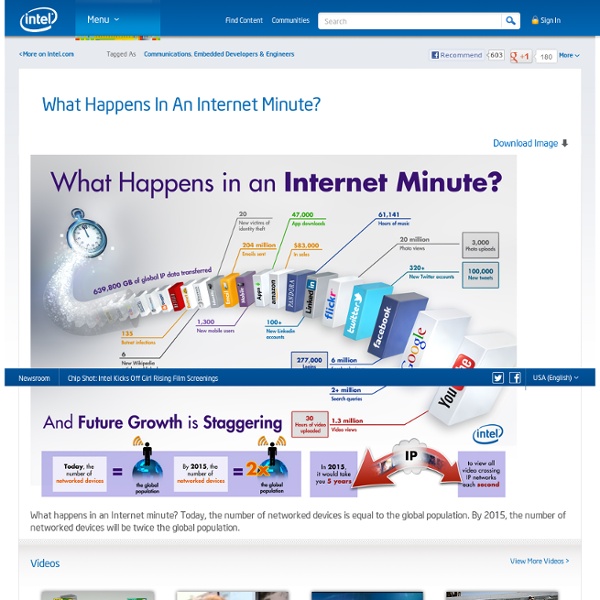



100 cotton Glasgow Alphabet Teatowel by illustrationetc Why you need Empathy to Succeed in B2B Lead Generation Marketers constantly send marketing messages into their target market either to establish themselves as a thought leader or to genuinely help businesses by offering solutions to common industry problems. But among the thousands of blog posts, news articles, whitepapers, slides and infographics that circulate on the web on a daily basis, how can one get the attention of prospects – those who are really in the market to acquire services or products? The answer is empathy. Now, empathy is more than just saying ‘I understand you’ or ‘I know exactly what your business is going through’. So how exactly can you do that? “If there has been one thing that’s been instrumental for me in becoming a more effective marketer for our own agency and for clients, it’s making a daily effort to try and think of things from the audience perspective,” says Lee Oden of TopRank Online Marketing Blog. For Oden, not everyone knows what they want. “Always ask: What do they care about?
Gary's Social Media Count Click for App Store Page Original Counter and Post from 24 Sep 2009! June 2013 ‘Social’ Update (mobile, games & heritage to come) June 2012 ‘Social’ Update August 2011 Update ABOUT Living statistics – Many of us who have been following social media since the early 90s are very sensitive to today’s exponential growth in usage of the sharing web. If you want to embed this on your page just click the button in the bottom left of the app to copy the code to your clipboard OR use the code/s in the boxes at the bottom of this post. More about the Count – I quickly built and coded the app based on data culled from a range of social media sources & sites originally at the end of Sept 2009. The social web has exploded in the last year and below are some of the social media statistics based on key data points that the ‘Gary’s Social Media Count’ is based on (many will be updated!). UPDATED/REARRANGED Jan 2011 – TAKING INTO ACCOUNT VARIOUS 2010 STATS Some of the sources for the mobile counter
B2B Lead Generation: What are the most important metrics to track? In business, you can’t define success if you don’t know how to measure it. Hence, metrics are important in giving marketers an idea as to how their efforts are faring. The only problem is that there are a lot of metrics that could be measured; so which ones really need attention? Before you answer that, it’s important to know why you need to identify the right metrics to track. You wouldn’t want to spend a lot of time and effort in computing and analyzing data which in the end wouldn’t be able to help you improve anyway. Although there are no standard metrics across all business types, there are those which must be tracked under any circumstance. Below is an excerpt from a cheat sheet released by Marketo entitled 5 Lead Generation Metrics Every Marketer Should Track: 1. Marketers must acknowledge that not all leads are created equal. 2. All marketers have limited resources. 3. 4. As a lead gen marketer, your job is to determine what programs to run. 5. White Paper courtesy of Marketo.com.
Live map of London Underground trains Loading... Powered by Leaflet — Map tiles © Thunderforest, data © OpenStreetMap contributors. Live London Underground map By Matthew Somerville. Data collected: Mon, 05 Sep 2016 08:33:02 +0100 <div style="border: solid 2px #cc0000; padding: 5px; width: 70%; margin: 1em auto;"> I'm afraid that this page requires JavaScript to draw the maps and plot move the trains, which isn't possible with just HTML. More information Hide What is this? This map shows all trains (yellow dots) on the London Underground network in approximately real time. I have similar things for the London buses and National Rail, and an awesome bookmarkable train times journey planner. — Matthew How does it work? Live departure data is fetched from the TfL API, and then it does a bit of maths and magic. Who did this? Matthew Somerville (with helpful hinderances from Frances Berriman and James Aylett). Originally built at Science Hackday, June 2010.
Lead Generation The League of Moveable Type MyGo2Agent Typographical Infographics That'll Make You Go "Wow!" Apr 11 2012 Words are a really powerful tool to express what you think, but an even more powerful weapon to visualize your main thoughts and concept are graphics. To be more specific a rich combination of beautiful typographical signs, letters and symbols. Typographical infographics are much more than simple pictures with captivating statistics. We’ve collected an amazing set of infographics made entirely of type. Typographical Infographics Panda Infographic by Lish-55 Factoid City by heyjoshboston Our Streets. Infographic of Africa by ericajloh Homicide infographic by MrDinkleman Top 100 fonts of all time by Skele kitty Got a Light by DesertViper On words by slimbos Jobs Visionary by 802.11 Advertising by Bradley R. Government by Jonathan Harris Typography concept by whatshername13 Helvetica font weights by Tommy Swanson Typeface by MiaPi Rockmap beta 1.4 by Ernesto Lago Getting around by uncoated Insomnia by canadadrugcenter Political climate by Albertson design Typography infographic by Peter Grundy
Out of State Referrals Timeline Because there are so many details to the styling, this is not exactly simple, but, if you have some technical capacity, you can override TimelineJS's CSS rules and have complete control over the look of the timeline. For details, see Using the TimelineJS CSS selectors. You will need to be able to instantiate the Timeline in javascript on your own page. (There is no way to override the CSS using the iframe embed.) Then, either in <style> tags in that page, or in an external stylesheet, you can specify CSS rules changing some or all of TimelineJS's default presentation.
Expireds